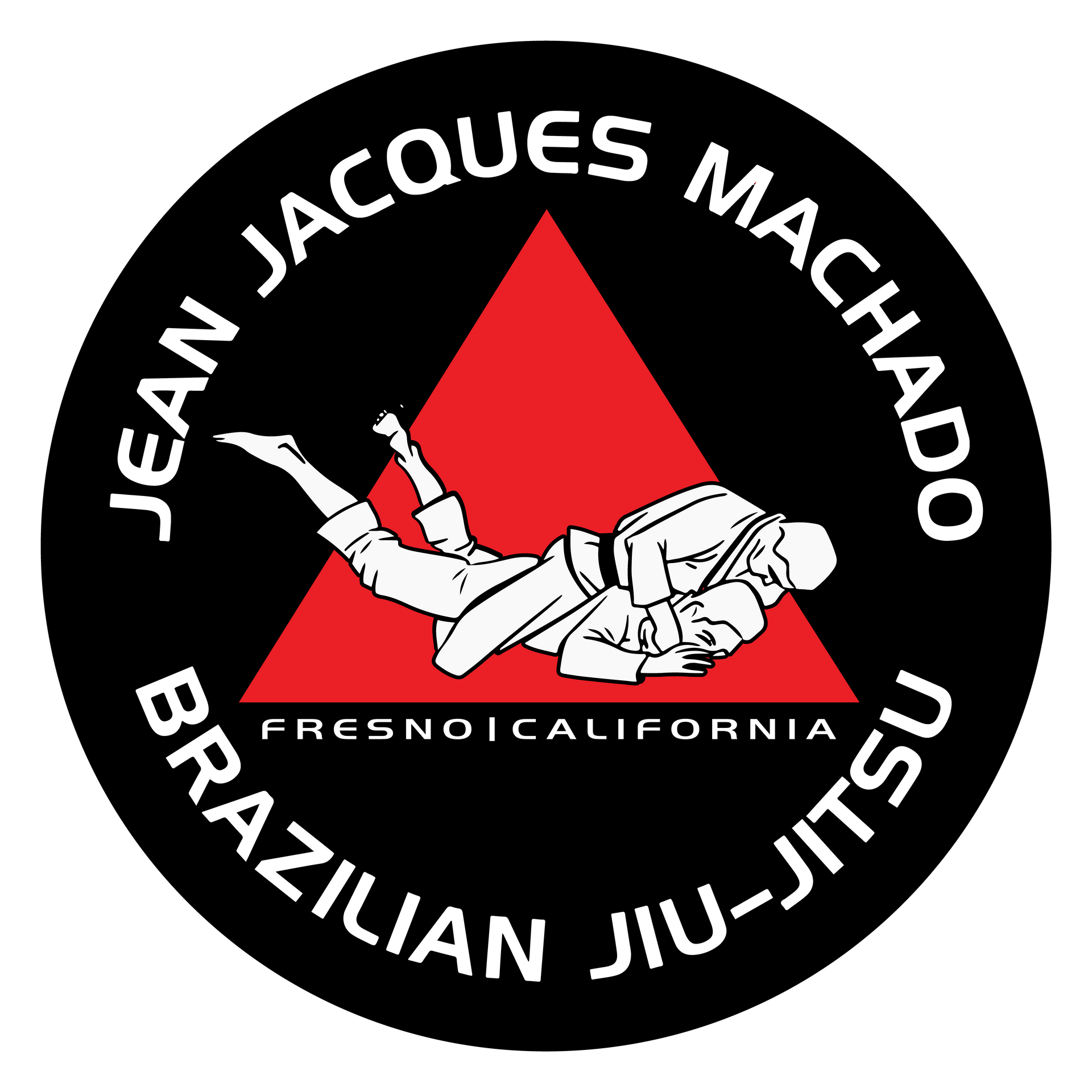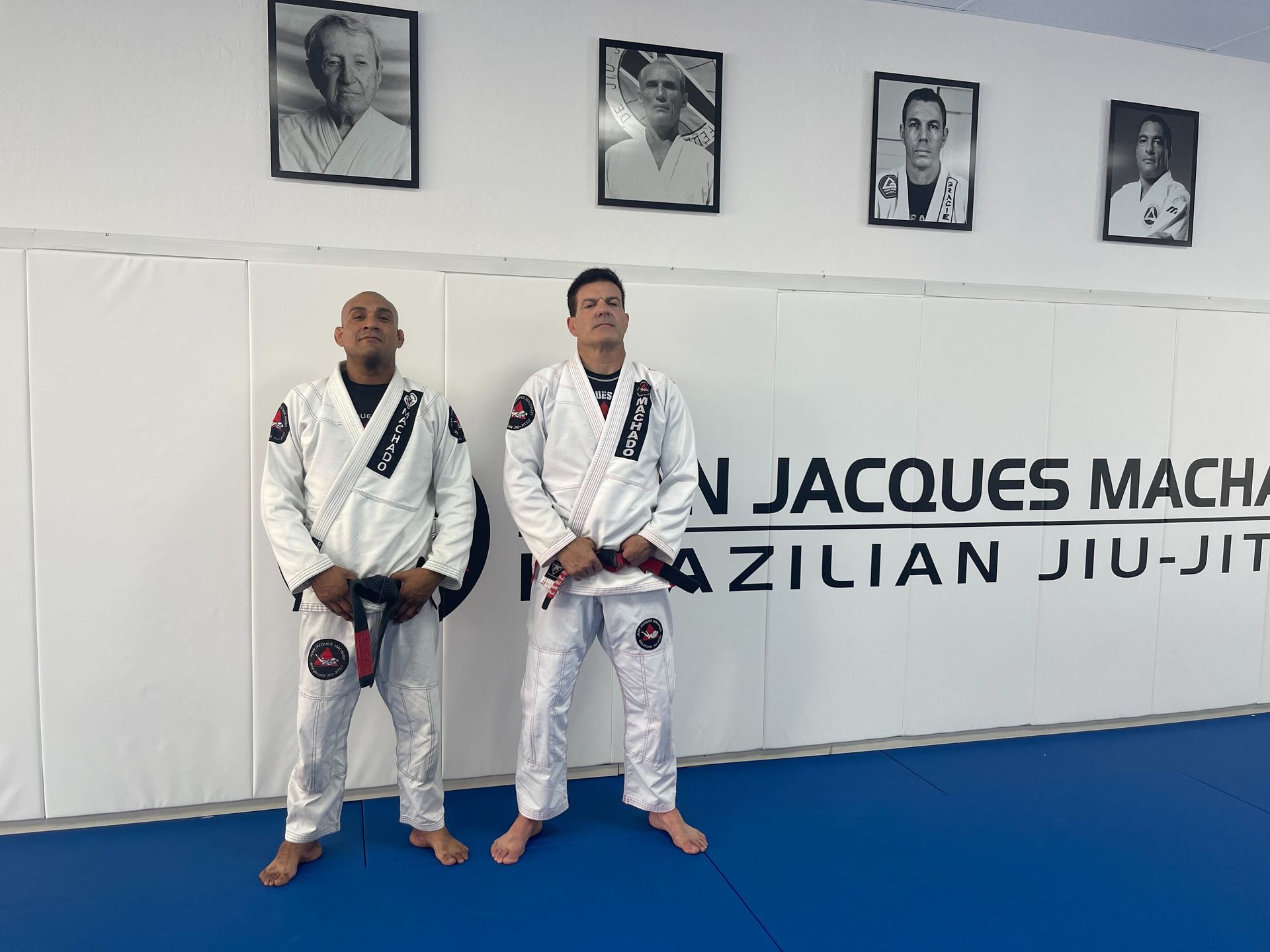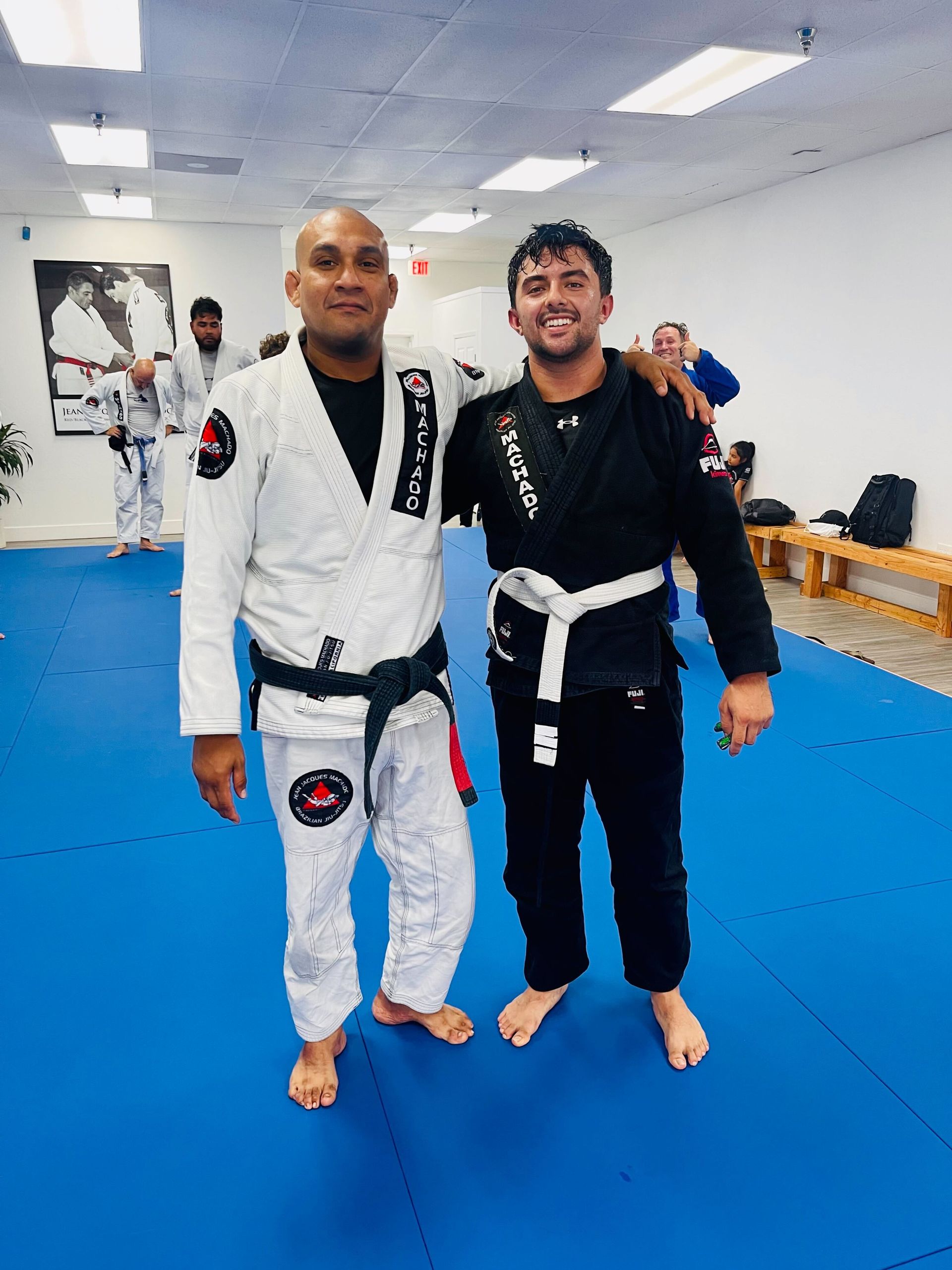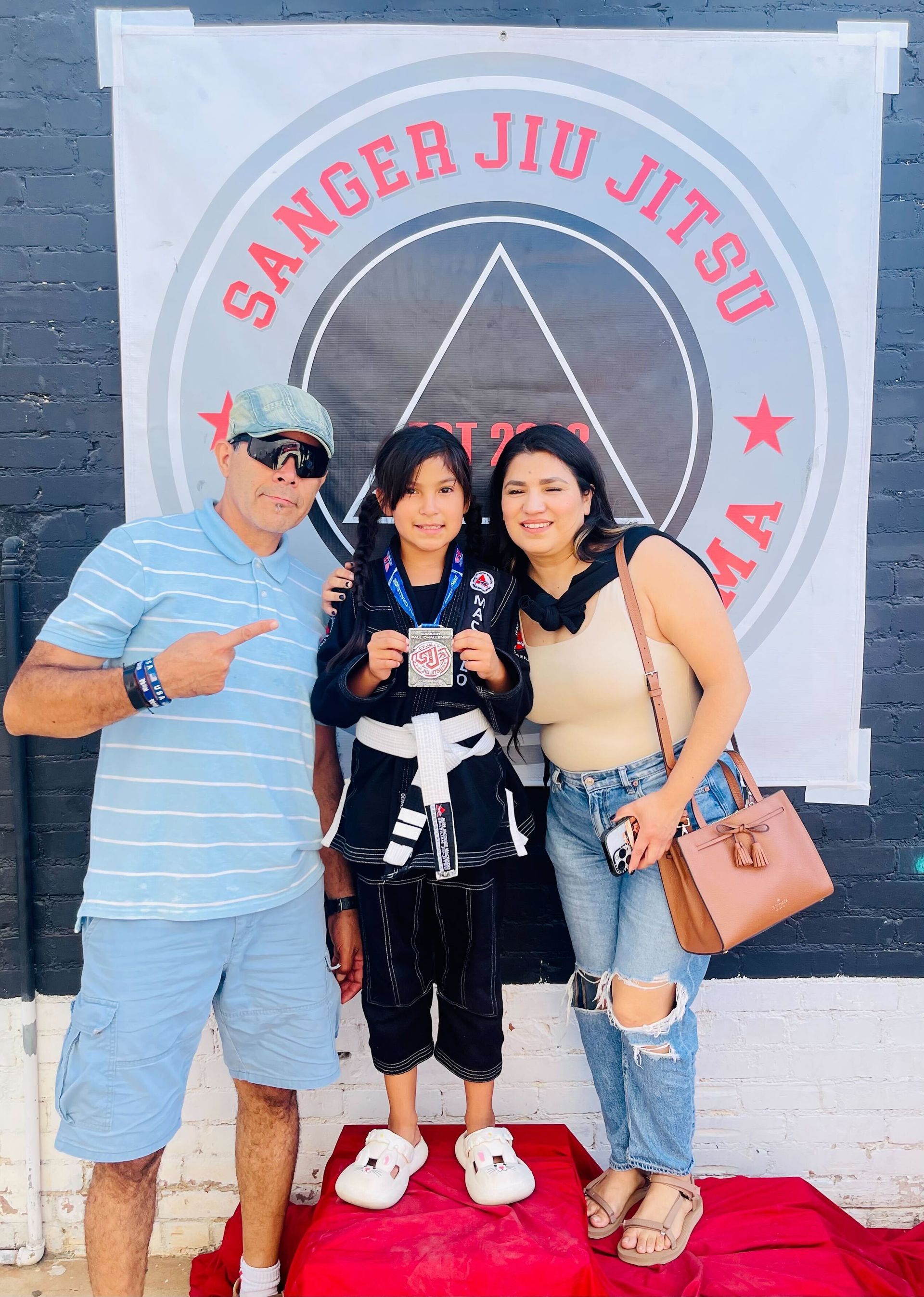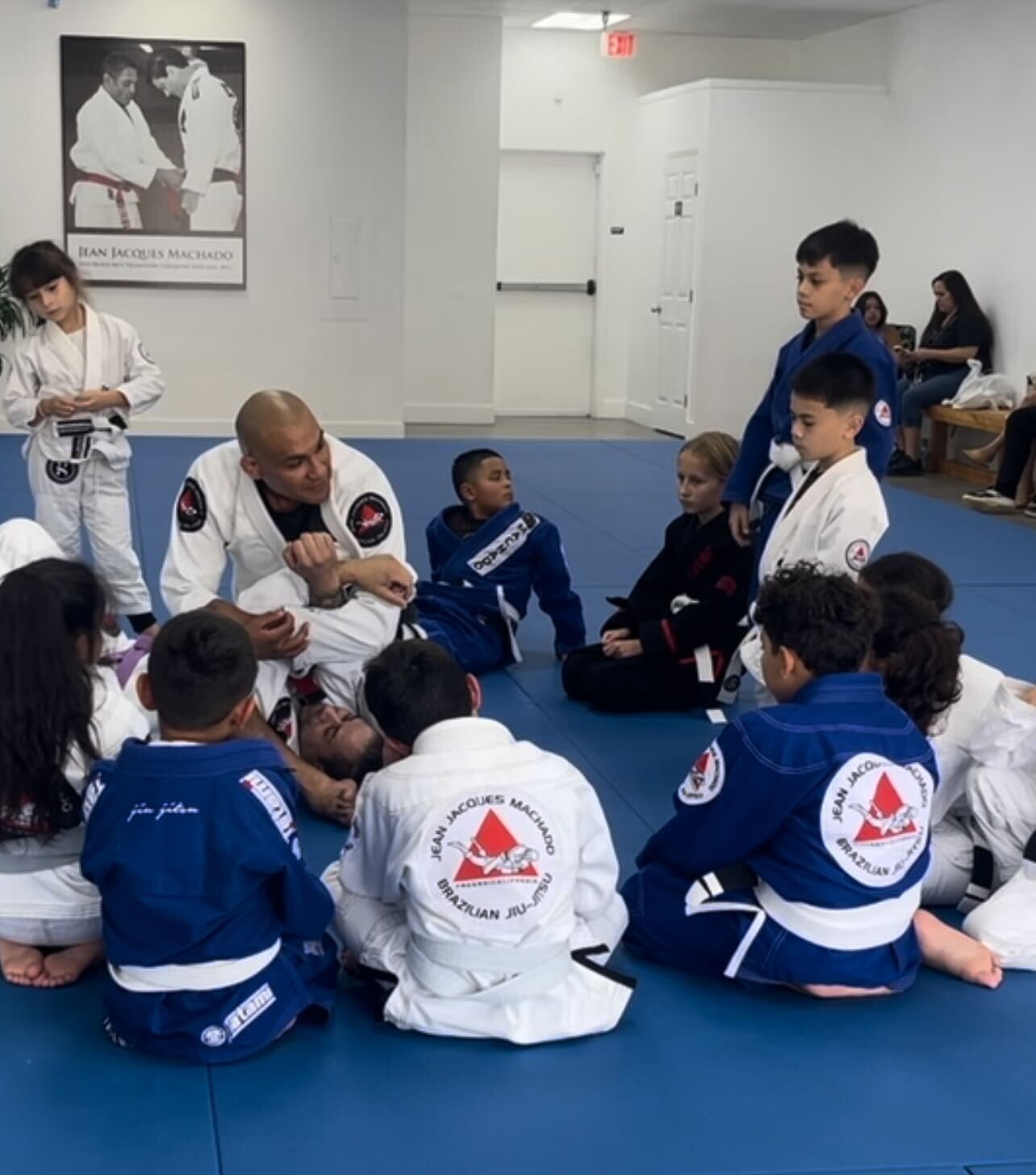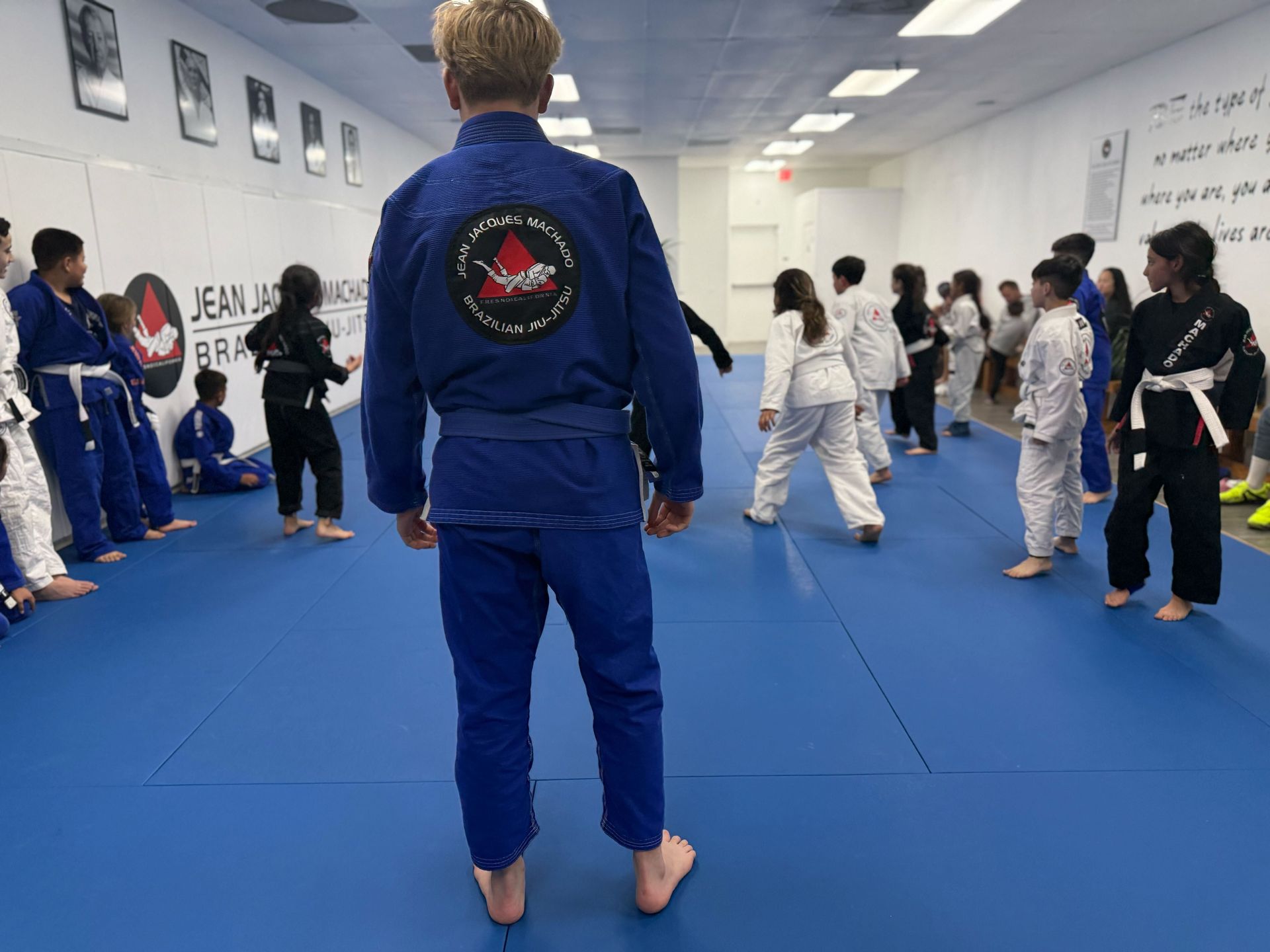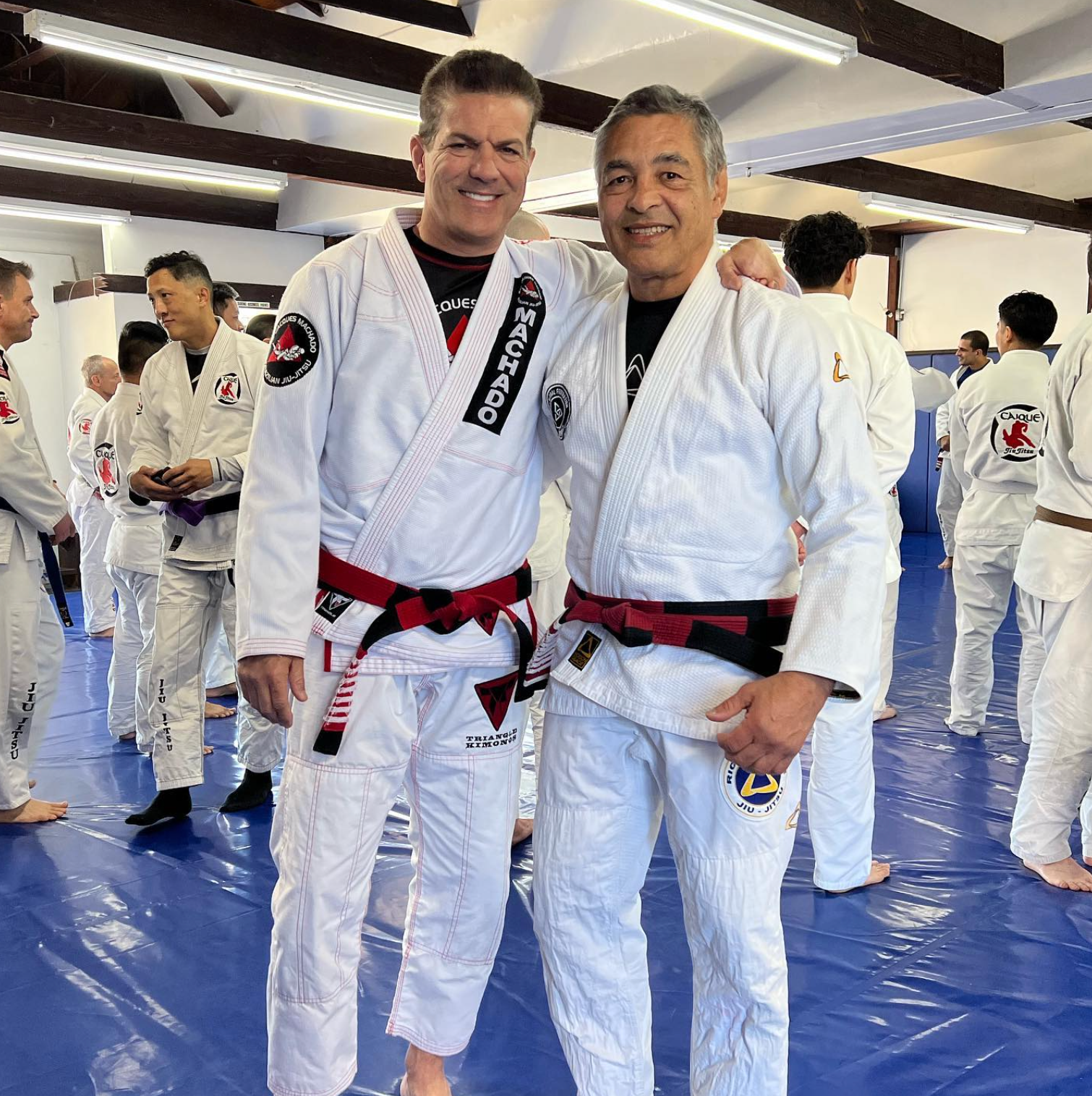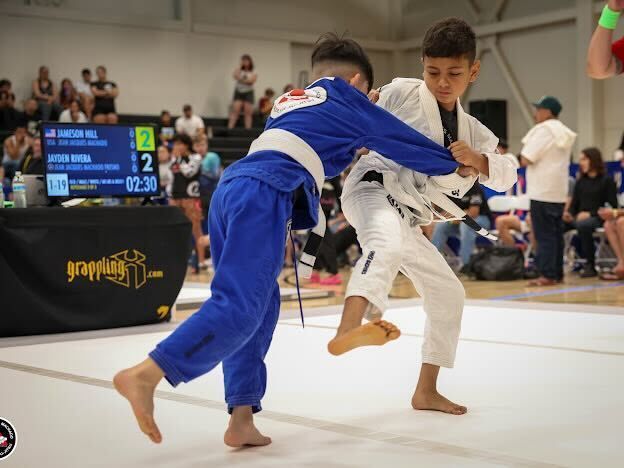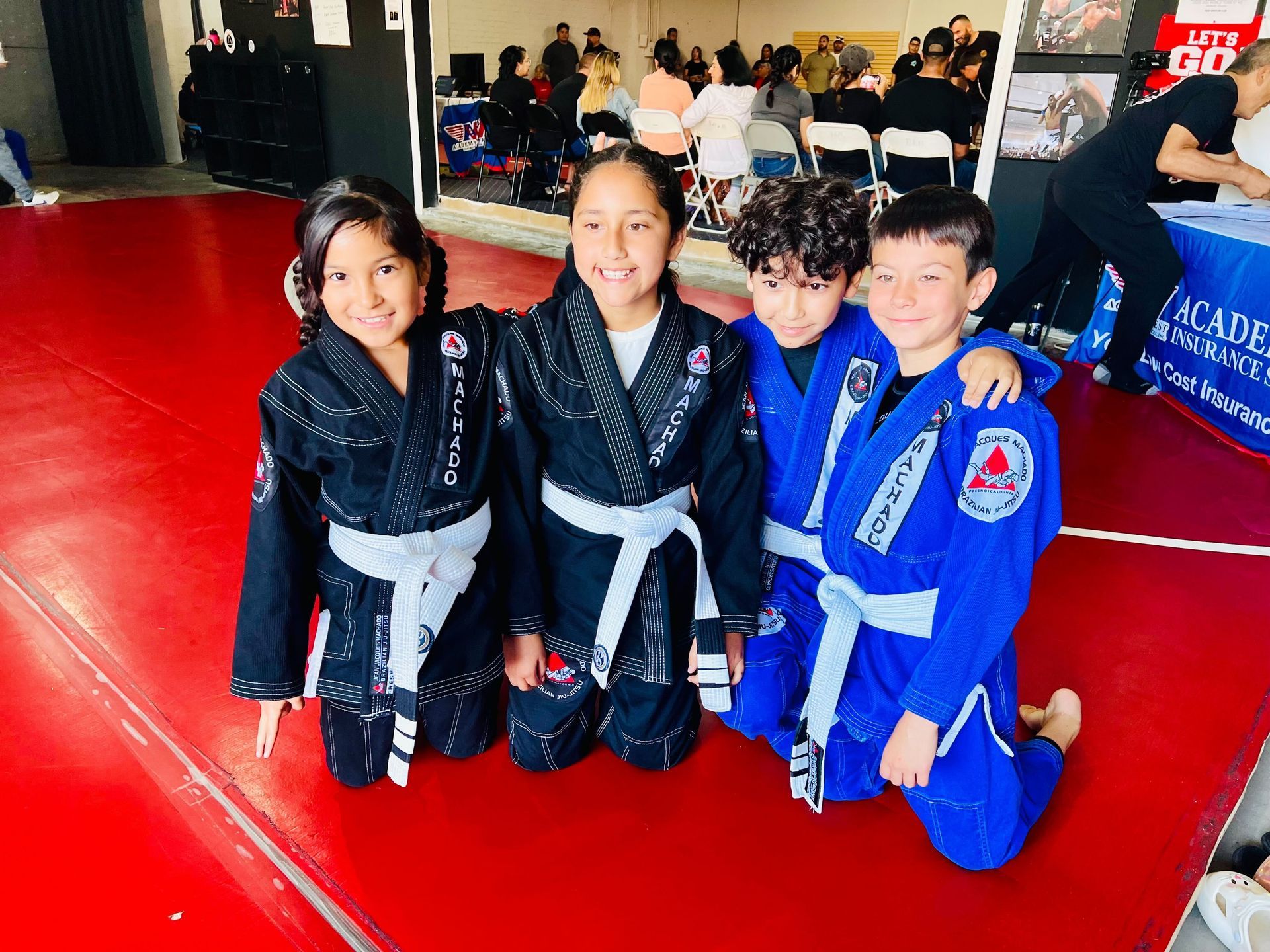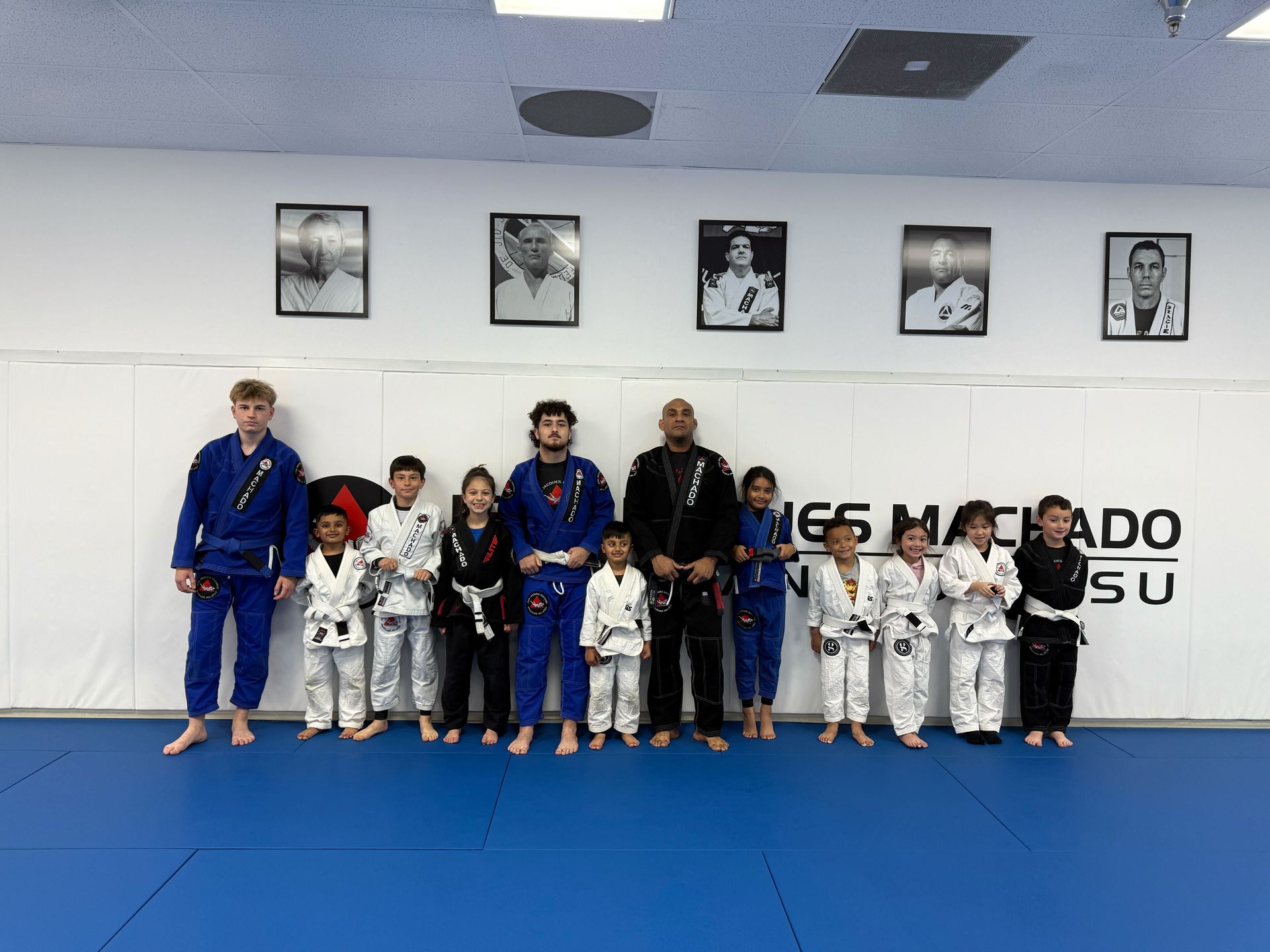How Brazilian Jiu-Jitsu Builds Problem-Solving Skills
Brazilian Jiu-Jitsu, often abbreviated as BJJ, is a martial art that focuses on grappling and ground fighting.
Originating in Japan and later refined in Brazil, BJJ emphasizes the use of leverage, technique, and strategy over brute strength, making it a unique form of self-defense that can be practiced by individuals of all sizes and strengths. Central to BJJ is the concept of "position before submission," which underscores the importance of controlling your opponent before attempting to finish the fight with a choke or joint lock.
The Link Between BJJ and Problem-Solving
At its core, BJJ is a physical game of chess. Each match presents a dynamic and ever-changing problem that requires immediate solutions. Practitioners must assess their opponent's movements, predict their next actions, and adjust their strategy accordingly. This mirrors real-life problem-solving, where situations evolve and require adaptable, quick thinking to navigate successfully.
The Concept of Adaptability in BJJ
Adaptability is one of the cornerstone skills developed through BJJ. On the mat, no two opponents are the same; they come with different strengths, weaknesses, and styles. To succeed, a practitioner must be able to adapt their approach on the fly, employing a variety of techniques that best suit the immediate challenge. This adaptability fosters a mindset that is not rigid but flexible, capable of pivoting when the original plan is no longer viable.
Decision-Making Under Pressure
BJJ practitioners are frequently placed in high-pressure scenarios, such as being trapped in a tough position or when time is running out in a match. These moments demand calm, focused decision-making. The ability to remain composed under pressure is a skill that directly translates to everyday life, where stress can cloud judgment and hinder effective decision-making.
Strategic Thinking and Planning
Success in BJJ is not just about reacting to an opponent's moves but involves setting up sequences, baiting, and planning several steps ahead. This strategic thinking requires a deep understanding of the art's principles and the foresight to see potential outcomes of each move. It teaches practitioners to think critically and to plan, skills that are invaluable in solving complex problems in both professional and personal contexts.
Trial and Error in Training
Training in BJJ is a continuous cycle of trial and error. Practitioners repeatedly attempt techniques, often failing multiple times before mastering them. This iterative process fosters resilience and emphasizes the value of learning from mistakes. It encourages a growth mindset, where failures are seen not as setbacks but as opportunities for improvement.
Enhancing Focus and Concentration
BJJ requires intense focus and concentration, especially when grappling with an opponent. Distractions can lead to mistakes, making the ability to stay mentally engaged a key component of success. Regular practice hones this skill, teaching practitioners to block out distractions and maintain concentration on the task at hand—a valuable skill in any problem-solving scenario.
Resilience and Perseverance
Building resilience is an inherent part of BJJ training. Whether it's pushing through a tough training session, overcoming a challenging opponent, or dealing with a string of losses, resilience is built on the mats. Perseverance is developed by continuously coming back and trying again, even after setbacks. This mental toughness is crucial not only in martial arts but in facing life’s challenges.
Collaboration and Learning from Others
While BJJ is often perceived as an individual sport, it relies heavily on collaboration and learning from others. Practitioners work closely with training partners, exchanging techniques, giving feedback, and learning from each other’s strengths and weaknesses. This collaborative environment fosters a community of learning and support, emphasizing that problem-solving is not always a solo endeavor.
Self-Reflection and Analysis
After each training session or match, BJJ practitioners often reflect on their performance. They analyze what worked, what didn’t, and why. This self-reflection is crucial in identifying areas for improvement and is a powerful tool for personal growth. By regularly engaging in self-analysis, practitioners enhance their ability to assess problems and develop effective solutions.
Applying BJJ Problem-Solving Skills to Everyday Life
The problem-solving skills honed in BJJ extend far beyond the mats. For instance, the patience learned in BJJ can help individuals approach stressful situations more calmly, while the adaptability can aid in navigating unexpected challenges at work or in personal relationships. BJJ teaches practitioners to approach problems with a mindset of analysis and strategic action, making them better equipped to handle life’s various difficulties.
The Psychological Benefits of BJJ
Beyond physical fitness, BJJ offers significant psychological benefits, including increased confidence and reduced anxiety. By regularly facing and overcoming challenges on the mats, practitioners develop a greater sense of self-efficacy. This boost in confidence can help tackle problems outside the gym with a more positive and proactive attitude.
BJJ for Children and Adolescents
For younger practitioners, BJJ can be particularly impactful. It teaches children and adolescents valuable skills such as discipline, respect, and perseverance. Importantly, BJJ helps young people develop critical thinking and problem-solving abilities in a supportive and structured environment, setting a strong foundation for future challenges in both academic and social contexts.
Common Misconceptions About BJJ
A common misconception about BJJ is that it’s solely about physical strength or that it’s only for those looking to learn how to fight. In reality, BJJ is much more about mental acuity, strategy, and problem-solving. It’s accessible to individuals of all ages, sizes, and fitness levels, focusing on technique and leverage rather than brute force.
Choosing the Right BJJ School
Choosing the right BJJ school is crucial for developing problem-solving skills effectively. A supportive and knowledgeable instructor, a positive learning environment, and a curriculum that emphasizes both technique and the underlying principles of BJJ are key. Prospective students should look for schools that foster a sense of community and encourage continuous learning and personal growth.
Final Thoughts
Brazilian Jiu-Jitsu is much more than a martial art; it’s a powerful tool for developing problem-solving skills that extend into all areas of life. Through adaptability, strategic thinking, resilience, and collaboration, BJJ practitioners learn to navigate complex challenges both on and off the mat. Whether you’re looking to build confidence, improve mental agility, or simply find a new way to stay active, BJJ offers a comprehensive approach to personal development.
FAQs
- How does BJJ help with problem-solving?
BJJ teaches problem-solving by requiring practitioners to quickly assess and adapt to changing situations during matches, which mirrors real-life challenges. - Can anyone learn BJJ, or is it just for athletes?
BJJ is for everyone, regardless of age, size, or fitness level. It focuses on technique and leverage, making it accessible to all. - How does BJJ improve decision-making skills?
Practitioners develop decision-making skills by having to make quick, strategic decisions under pressure, which enhances their ability to think clearly in stressful situations. - Is BJJ good for children?
Yes, BJJ is excellent for children as it helps build discipline, respect, and problem-solving skills in a structured environment. - What should I look for in a BJJ school?
Look for a school with experienced instructors, a positive learning environment, and a curriculum that emphasizes both physical and mental development. - How can BJJ skills be applied in daily life?
Skills like adaptability, strategic thinking, and resilience learned in BJJ can help navigate everyday challenges, from work-related problems to personal relationships.
